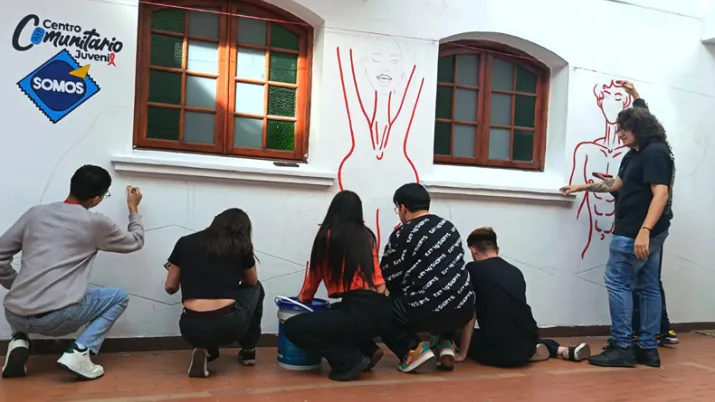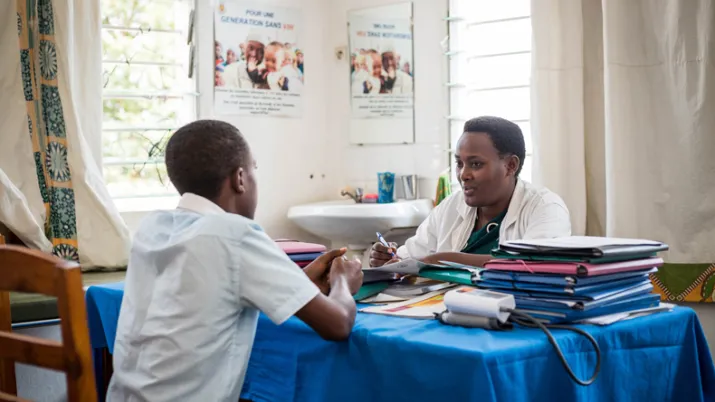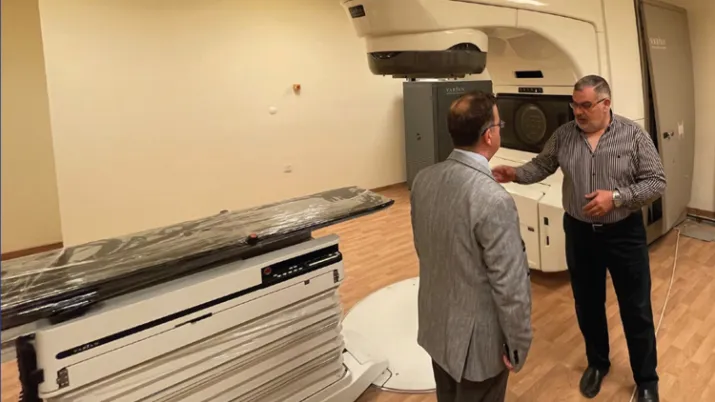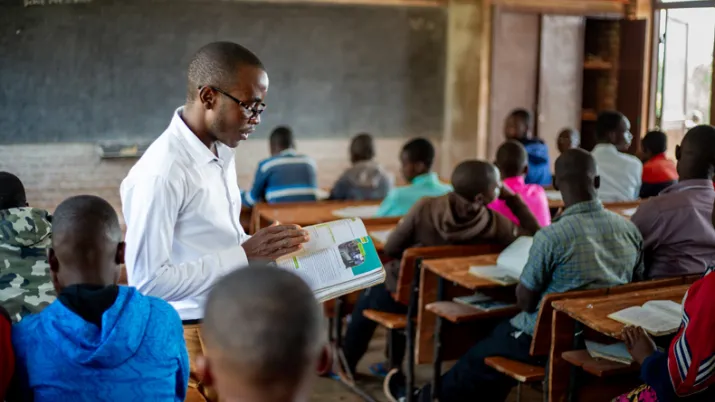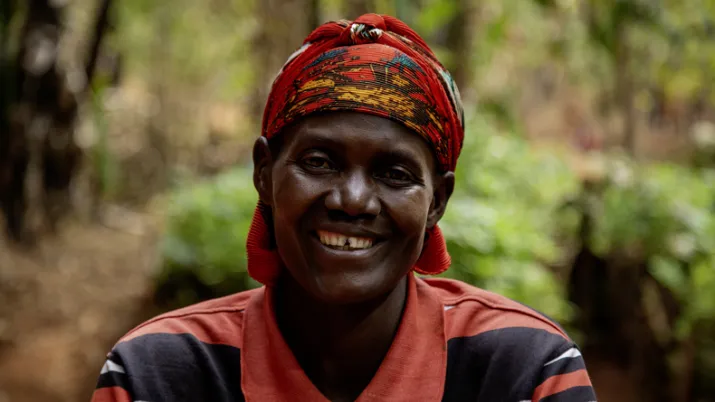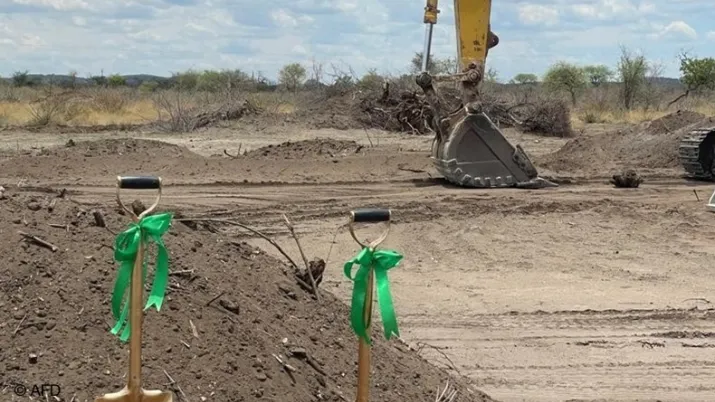Share the page
Supporting the Resilience of the Health System in the Odessa Region - REHAB
Project
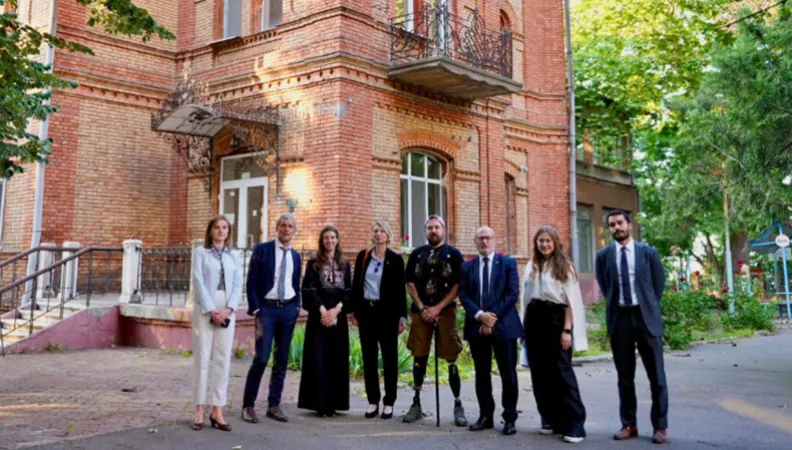

-
Project start date
-
Status
Ongoing
-
Project end date
-
-
Project duration
-
2 years
-
AFD financing amount
-
€ 5 000 000
-
Country and region
-
Location
-
Odessa
-
Type of financing
-
Beneficiaries
-
Ukrainian Ministry of Health, Odessa Region and Municipality, NGO Superhumans
-
Type of beneficiary
-
State

As the war of aggression waged by Russia against Ukraine since 2022 continues, the REHAB project aims to strengthen the resilience of Ukraine's health sector by improving access to mental health care and physical rehabilitation services in the Odessa region.
Context
Ukrainian health facilities have been severely damaged by Russia’s large-scale aggression, resulting in a significant decline in the availability and accessibility of essential health services. The reconstruction of medical infrastructure has become one of the top priorities for the Ukrainian Ministry of Health. The needs linked to the recovery of the health sector are estimated at more than USD 15.1 billion.
Before 2022, mental health disorders affected 30% of the Ukrainian population, a situation that has worsened due to the war. However, access to adequate care remains limited because of strong social stigma, concentration of services in major cities, and a shortage of qualified healthcare professionals.
As of February 15, 2024, the United Nations High Commissioner for Human Rights (OHCHR) estimated that two years into the war, Russia’s invasion of Ukraine had resulted in 30,457 civilian casualties, including 19,875 injured. The number of war-wounded is also extremely high. According to official data from the Ukrainian government, as of December 2023, 30,000 patients were waiting for prosthetic devices. The Ministry estimates that 200,000 patients are in need of rehabilitation care. With 40% of Ukrainian territory contaminated by mines and the conflict ongoing, this number is expected to continue to grow.
Description
The main objective of the project is to help Ukraine finance, maintain, and strengthen its health system in order to address the physical and mental health consequences of the conflict in the Odessa region. The project is structured around three components:
-
Strengthening the mental health care system in the Odessa region through the construction of a new center and support for the operationalization of five mental health centers and associated mobile teams, backed by French cooperation efforts;
-
Upgrading physical rehabilitation services in the region by modernizing three rehabilitation departments located in the cluster hospitals of Artsyz, Biliaivka, and Odessa Municipal Hospital No.1. The project will also finance a training program to build a national pathway for maxillofacial surgery, including the training of public doctors to care for amputees, as well as the development of 3D engineering capacities at specialized centers for prosthetic design;
-
Preparing for long-term AFD financing in the health sector, particularly targeting local authorities in Ukraine to improve the territorial health care offer, with an initial focus on the municipality of Odessa.
Impacts
The project will fund the construction of one new mental health center and the operationalization of six centers overall. It will also renovate and equip three physical medicine and rehabilitation departments in the Odessa region. Additionally, 200 public healthcare doctors will be trained in the management of amputations, three Ukrainian general surgeons will receive specialized maxillofacial surgery training to become reference professionals in this field, and three national engineers will be trained in 3D printing techniques for prosthetic design.
Sustainable Development Goals
Good Health and Well-being
Goal 3 seeks to guarantee health and well-being by improving reproductive, maternal, and child health and by reducing the main communicable, noncommunicable, environmental, and mental diseases. Progress depends on prevention systems to reduce health risks, universal access to health coverage and services, investment in research and development of vaccines and medicines, and stronger risk-management capacities in developing countries.







